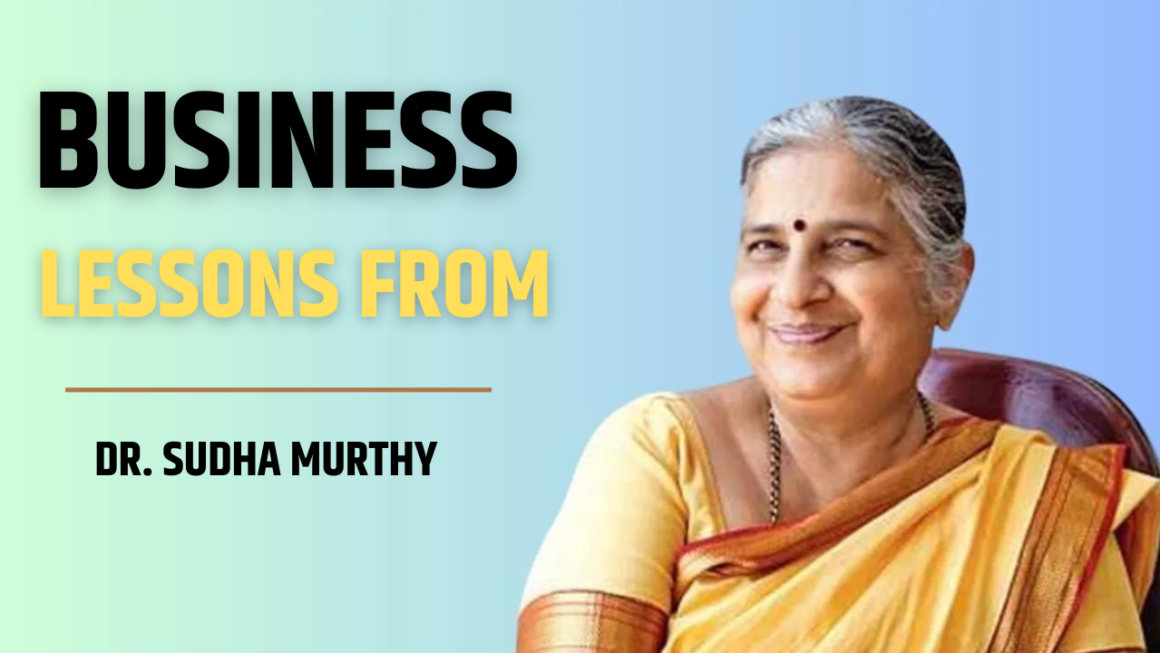Indian Entrepreneurs
In the dynamic world of business, Indian entrepreneurs are making a significant mark with their innovative ideas and relentless pursuit of success. From solving complex problems with cutting-edge technology to disrupting traditional markets with unique business models, these trailblazers are redefining the entrepreneurial landscape. In this article, we delve into the journeys of some of the most promising Indian entrepreneurs, uncovering the secrets behind their thriving startups and inspiring success stories.
Introduction to the Indian Entrepreneurial Ecosystem
India’s entrepreneurial ecosystem has been thriving, fueled by a combination of factors such as increased digital penetration, supportive government policies, and a growing economy. The rise of Indian entrepreneurs is not just a national phenomenon but a global one, with Indian business startups making headlines for their innovative solutions and rapid growth.
The Surge of Startups in India
The startup culture in India has witnessed an exponential growth in the last decade. Young entrepreneurs, armed with fresh ideas and a passion for innovation, are venturing into unexplored territories, creating a plethora of opportunities in various sectors. This surge is supported by an ecosystem that includes venture capitalists, angel investors, incubators, and government initiatives, all working together to nurture these budding enterprises.
Success Stories of Indian Entrepreneurs
From e-commerce to digital payments, these Indian entrepreneurs have carved out success stories that are both inspiring and instructive.
Flipkart: Revolutionizing E-commerce
Flipkart’s journey from an online bookstore to a multi-faceted e-commerce platform is a shining example of entrepreneurial vision and execution.
Paytm: Simplifying Digital Payments
Vijay Shekhar Sharma’s Paytm has become synonymous with digital payments in India, transforming the way transactions are carried out in the country.
Oyo Rooms: Disrupting the Hospitality Industry
Ritesh Agarwal’s Oyo Rooms has revolutionized the budget hospitality sector with its unique business model and rapid expansion strategy.
BYJU’S: Transforming Education
Byju Raveendran’s BYJU’S has become a global name in Edtech, offering interactive learning programs that have redefined the education sector.
Zomato: Redefining Food Delivery
Deepinder Goyal’s Zomato has drastically changed the food delivery landscape, becoming a go-to platform for food lovers across the nation.
Swiggy: Streamlining Food Delivery
Nandan Reddy and Sriharsha Majety’s Swiggy competes head-on with Zomato, offering swift and efficient food delivery services, further enhancing the convenience for urban consumers.
Freshworks: Innovative Business Solutions
Girish Mathrubootham’s Freshworks offers innovative cloud-based customer engagement solutions, marking a significant footprint in the global SaaS industry.
UrbanClap (now Urban Company): Revolutionizing Urban Services
Abhiraj Bhal, Varun Khaitan, and Raghav Chandra’s Urban Company (formerly UrbanClap) has transformed the way urban India avails local services, from beauty treatments to home repairs.
PharmEasy: Simplifying Healthcare
Dharmil Sheth’s PharmEasy has made healthcare more accessible, delivering medicines and healthcare products to customers’ doorsteps.
Meesho: Empowering Local Businesses
Vidit Aatrey and Sanjeev Barnwal’s Meesho empowers small businesses and individuals to start their online stores via social channels.
Read Also: Top 15 Business Inspirations of India
Lenskart: Innovating in Eyewear
Peyush Bansal’s Lenskart has revolutionized the eyewear industry in India with its online-to-offline business model, making quality eyewear more accessible.
The Role of Innovation and Technology
Innovation and technology play a pivotal role in the success of Indian entrepreneurs. By leveraging cutting-edge technologies such as AI, IoT, and Big Data, startups are able to offer unique solutions and disrupt traditional industries. This technological edge is what sets these entrepreneurs apart, enabling them to compete on a global stage.
Edtech and Healthtech: Frontiers of Innovation
Indian startups in the Edtech and Healthtech sectors have shown remarkable growth, driven by innovative solutions. Companies like BYJU’S and Practo are prime examples of how technology can transform education and healthcare services, making them more accessible and efficient.
Challenges and Opportunities
While the journey of an entrepreneur is filled with challenges, it also presents numerous opportunities. Indian entrepreneurs often face hurdles like regulatory complexities, funding issues, and intense competition. However, these challenges also serve as catalysts for innovation, pushing entrepreneurs to think out of the box and come up with unique solutions.
Conclusion: The Future of Indian Entrepreneurship
The future of Indian entrepreneurship looks bright, with an ever-growing number of startups emerging across various sectors. As these entrepreneurs continue to innovate and expand their reach, they not only contribute to the country’s economic growth but also inspire the next generation of business leaders.
The success stories of Indian entrepreneurs underline the importance of perseverance, innovation, and a customer-centric approach. As they continue to break new ground and set benchmarks, the world watches with anticipation for the next big success story to emerge from India’s vibrant entrepreneurial ecosystem.
FAQs
1. What are some common traits among successful Indian entrepreneurs?
Answer: Successful Indian entrepreneurs often share traits such as resilience, innovation, adaptability, and a customer-centric approach. They demonstrate strong leadership, an ability to think out of the box, and a relentless pursuit of their vision.
2. How has the Indian government supported startups?
Answer: The Indian government has supported startups through various initiatives like Startup India, tax exemptions, funding opportunities, and simplifying compliance procedures. These measures have created a more conducive environment for entrepreneurs.
3. What sectors are seeing the most growth in Indian startups?
Answer: Key sectors experiencing significant growth include Edtech, Fintech, Healthtech, E-commerce, Food Delivery, and SaaS (Software as a Service). These sectors are driven by technological advancements and changing consumer behaviors.
4. What challenges do Indian entrepreneurs typically face?
Answer: Common challenges include navigating regulatory frameworks, securing funding, intense competition, scaling operations, and managing customer expectations. However, these challenges also drive innovation and strategic thinking.
5. How have Indian startups impacted the global market?
Answer: Indian startups like Oyo Rooms, BYJU’S, and Zomato have expanded globally, competing with international players. They’ve introduced innovative business models and tech-driven solutions, making a significant mark in the global market.
6. What role does technology play in the success of Indian startups?
Answer: Technology is crucial for Indian startups. It enables them to innovate, scale, and offer unique solutions. Leveraging AI, Big Data, and IoT, startups have been able to disrupt traditional industries and offer enhanced customer experiences.
7. How can aspiring entrepreneurs in India find funding for their startups?
Answer: Aspiring entrepreneurs can seek funding from various sources, including venture capitalists, angel investors, government grants, crowdfunding, and startup incubators. Networking and pitching in startup events are also effective strategies.
8. What is the potential future for Indian entrepreneurship?
Answer: The future of Indian entrepreneurship is promising, with continuous growth in various sectors. Increasing digital penetration, supportive policies, and a culture of innovation will likely drive further advancements and global expansion.
9. How have Indian entrepreneurs adapted to the challenges of the COVID-19 pandemic?
Answer: Indian entrepreneurs adapted by rapidly pivoting their business models, embracing digital transformation, and focusing on sectors like healthtech, online education, and remote working solutions. This agility helped mitigate the impacts of the pandemic.
10. What can other countries learn from the Indian startup ecosystem?
Answer: Other countries can learn about fostering a conducive environment for startups, the importance of adapting to changing market needs, leveraging technology for growth, and the value of resilience and agility in business. The Indian model shows how nurturing a culture of innovation and entrepreneurship can lead to substantial economic and technological advancements.













